Mr. Ha Van Lam needs advice: In October 2022, I had a power of attorney contract for Mr. H to represent me in resolving land disputes in court. The power of attorney ends after the court resolves the case. I have advanced Mr. H 20 million VND. I see that Mr. H did not fulfill his responsibilities as an authorized person, because he only appeared in court according to the first summons. When the court issued the second summons, Mr. H was absent. When I called, Mr. H said he was busy with work and asked me to advance him more money. I would like to ask: Can I terminate the power of attorney contract with Mr. H, what is the procedure?
His question was advised by lawyer Vo Tan Thanh ( Ben Tre Bar Association) as follows:
- According to the provisions of Article 562 of the 2015 Civil Code: "Authorization contract is an agreement between the parties, according to which the authorized party is obliged to perform work on behalf of the authorizing party, the authorizing party only has to pay remuneration if there is an agreement or the law so provides".
On the other hand, according to the provisions of Article 563 of the Civil Code, the term of authorization is agreed upon by the parties or prescribed by law. If there is no agreement and no provision of law, the authorization contract is valid for one year from the date of establishment of the authorization.
In his case, he signed a power of attorney for Mr. H to participate in the proceedings at court. This is a power of attorney contract with remuneration and the power of attorney ends when the court resolves the case. However, as he stated, Mr. H only appeared upon the first court summons; then, Mr. H also did not appear upon the second court summons and asked him to pay more money.
According to Article 565 of the Civil Code, the authorized party has the following obligations: 1) To perform the work as authorized and to notify the authorizing party of the performance of that work. 2) To notify the third party in the relationship of the authorization of the duration, scope of authorization and amendments and supplements to the scope of authorization. 3) To preserve and maintain documents and means assigned to perform the authorization. 4) To keep confidential the information that he/she knows while performing the authorization. 5) To return to the authorizing party the property received and the benefits obtained while performing the authorization according to the agreement or according to the provisions of law. 6) To compensate for damages caused by breach of the obligations prescribed in this Article.
Thus, Mr. H did not properly perform his obligations as an authorized party. Therefore, Mr. H is responsible for compensating for damages (if any) due to breach of obligations as prescribed in Article 565 of the Civil Code.
On the other hand, according to the provisions of Clause 1, Article 569 of the Civil Code: “In case of authorization with remuneration, the authorizing party has the right to unilaterally terminate the contract at any time, but must pay remuneration to the authorized party corresponding to the work that the authorized party has performed and compensate for damages…
The authorizing party must notify the third party in writing of the authorizing party's termination of the contract; if not notified, the contract with the third party remains valid, except in cases where the third party knows or should know that the authorization contract has been terminated.
Thus, after terminating the authorization contract with Mr. H, he must notify the court (receiving dispute resolution) in writing and he can authorize another person to represent him in the litigation.
H. Tram (performed)
Source link









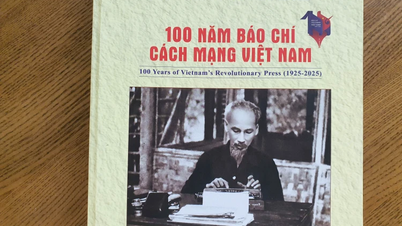



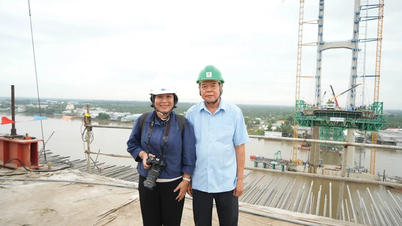







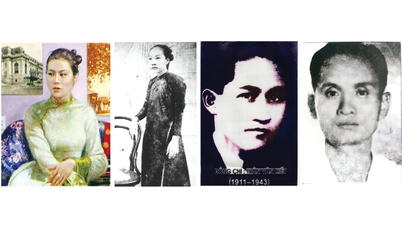
















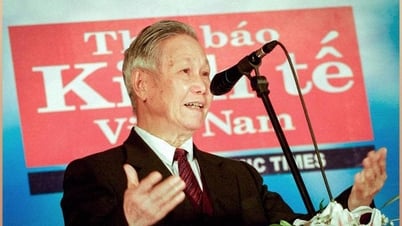

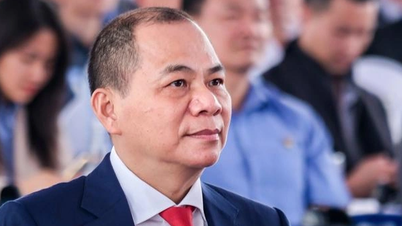
















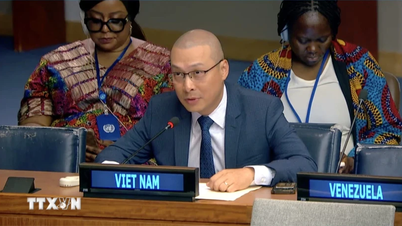






































Comment (0)